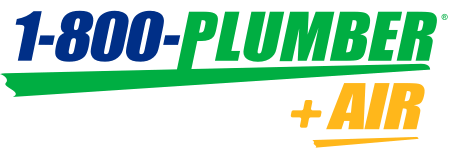Heater & Furnace Repair
When Your Furnace Needs Repairs
Making sure your furnace is healthy and ready to keep up with the freezing weather is important for your well-being, but also for the well-being of your home. Cold temperatures in a home without a furnace are prone to freezing your water lines and causing them to burst.
Why Your Furnace Might not be Working
A Dirty Air Filter
On the side or bottom of your furnace, there's an air filter that acts as a protection against dirt, dust, and other harmful particles from being circulated into your home. If this air filter gets so dirty that it becomes clogged and prevents air from circulating, your furnace will either shut itself down or won't produce enough air to keep your house warm.
A Blown Fuse
Your furnace is a complicated machine that has a number of electrical connections and fuses that help it operate. If one of these fuses gets blown due to a thermostat or electrical malfunction, it will cause your furnace to turn off. Unfortunately, it's difficult to know if this is the problem unless you have the proper diagnostic equipment.
Clogged or Damaged Vent Pipe
On the top or side of your gas furnace, you should see one or two PVC pipes sticking out of it and running to the outside of your home. If one of these pipes gets plugged or is too long to allow enough air to go to and from the furnace, it will signal an error code and shut your furnace down.
Broken Thermostat
Your thermostat is the control that tells your furnace when to turn on and shut off and controls the temperature in your home. If damage occurs to the thermostat, it could manifest in the form of signals not being sent to the furnace telling it what to do.
Start Your Service Request
We know your time is valuable. Select the day and time that you would prefer and we will contact you ASAP, and work with your schedule for a hassle free experience.
Need to Schedule Heater Repair?
The team at 1-800-PLUMBER® +Air is your go-to provider for both furnace repair and furnace replacement. Contact us today and schedule service. We’ll send one of our qualified HVAC technicians out to make sure your furnace is repaired quickly and in excellent working order.
Need Home Repairs? Call 1-800-Plumber +Air
1-800-Plumber +Air is the premier plumbing and HVAC company in your area that focuses providing unmatched service for our customers.
Our Professional Services Have You Covered
1-800-Plumber +Air is focused on being the BEST! It’s not about being better than everyone else, instead our focus is on providing you with the fast, dependable plumbing and emergency services when you need it most. Our goal is to give you the BEST experience you have ever received from a service based business.

